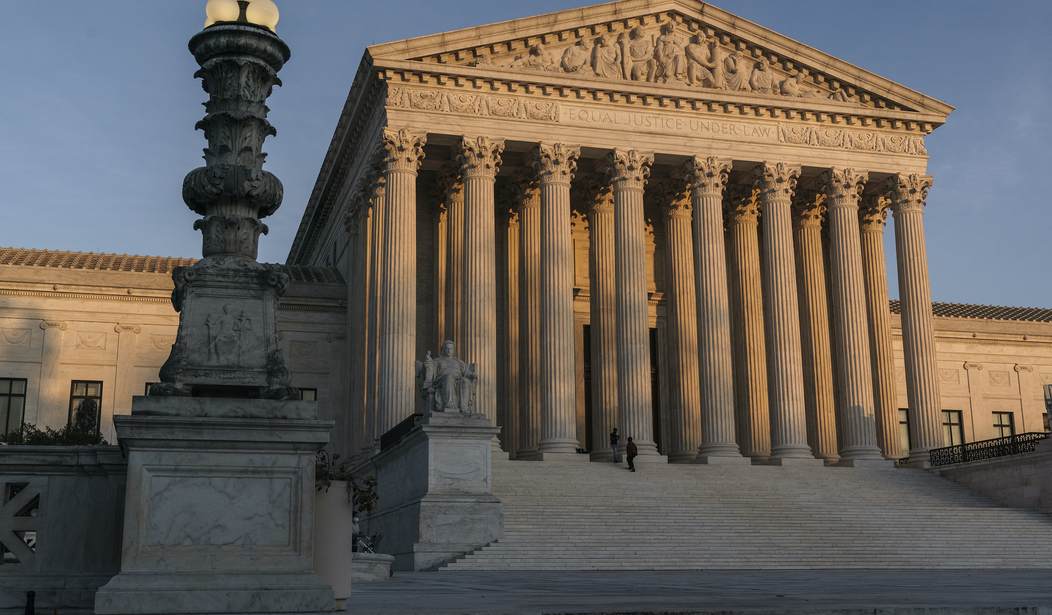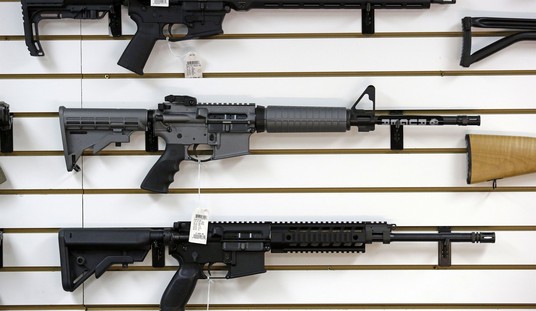It’s going to be several more months before the U.S. Supreme Court hears oral arguments in a case challenging New York’s subjective “may-issue” licensing laws for those who want to carry a firearm in self-defense, but there are a number of important Second Amendment cases that state Supreme Courts will soon be deciding, and their opinions are likely to have a huge impact in states that have both been historically hostile and supportive of the right to keep and bear arms.
In Montana, the state’s Board of Regents, which oversees higher education in the state, is asking the state Supreme Court to block a portion of the state’s new permitless carry law that allows for individuals with concealed handgun licenses to lawfully carry on college campuses. The regents are arguing that the state’s constitution gives them the sole authority to set rules and regulations on the grounds and facilities of all of the state’s public universities, and this week they filed a lawsuit requesting that the Court impose an injunction to prevent that part of the law from taking effect on June 1st.
The regents voted unanimously Wednesday to challenge the parts of House Bill 102 that would allow students and staff who meet safety certifications to carry concealed firearms without a permit on campuses starting June 1.
Montana’s Constitution says the regents have the full power, responsibility and authority to supervise, coordinate, manage and control the state university system.
The bill’s sponsor, Republican Rep. Seth Berglee of Joliet, said in a statement Wednesday that it is “unfortunate that the Board of Regents has chosen to sue to block HB102 because they think their authority is so absolute that they can deny a student’s constitutionally protected rights.”
The last time the state Supreme Court was asked to weigh on a Second Amendment-related issue, it struck down a local ordinance passed by the Missoula city council that sought to impose a universal background check requirement on all gun sales and transfers inside the city limits. In that case, the verdict was 5-0 against the city, with the Court declaring that the local ordinance was a clear violation of the state’s firearms preemption law that gives the exclusive power to regulate the purchase, sale or other transfer, ownership, possession, transportation, use, or carrying of firearms.
That unanimous verdict should give gun owners some optimism that the Court will refuse to block the implementation of the campus carry section of Montana’s new permitless carry law, but either way, we won’t have to wait too long to find out what the judges will decide.
Meanwhile, in Illinois the state Supreme Court has already heard oral arguments in a case regarding the constitutionality of a tax on firearms and ammunition imposed by Cook County, and a decision could be handed down within a matter of weeks (though a couple of months is probably a more realistic timeline).
In 2012, the Cook County Board of Commissioners passed a $25 tax on firearms, followed a few years later by a per-cartridge tax on centerfire and rimfire ammunition.
The plaintiff in the case, “Guns Save Life”, a non-profit best known for erecting pro-gun signs on the side of highways, argues the intent of the tax was to make it more difficult for Illinoisans to purchase guns and violates their Second Amendment protections.
Prior to oral arguments, Guns Save Life’s plaintiff’s brief referenced various statements made by County Board members when the policy was first passed, to convince the court of bias against firearm purchases in the board’s legislative intent.
“At least we’re going to make it difficult for people to have guns,” County Board Commissioner Deborah Sims said in November 2012. “If you can’t afford it, you won’t buy it.”
Proponents of the firearm and ammunition tax — who won favorable rulings in the lower court decisions — argue the revenue collected goes toward combating gun violence throughout the county.
Martha-Victoria Jimenez, an attorney representing Cook County, referenced the financial strain gun violence has had on public services like the county’s hospital system.
The issue isn’t whether or not Cook County should be spending money on “gun violence prevention programs,” but whether legal gun owners themselves should be the ones forced to pony up and pay for them. Personally, I think the funds should come from the money seized during drug busts, or alternatively, from a tax imposed on all residents in the county, not just those exercising their right to keep and bear arms. It’s not legal gun owners who are responsible for the vast majority of violent crime in Cook County, so why should they be singled out to pay for anti-violence programs?
Given the anti-gun attitudes prevalent in Illinois politics, I’m less optimistic that the state Supreme Court will do the right thing here than I am about the Montana case. Still, given the blatant comments by several of those who supported the tax when it was put into place, it’s pretty clear that one of the real purposes of the tax was to punish gun owners, and not just to milk them as a revenue stream for gun violence prevention programs. That shouldn’t be okay with the judges on the Illinois State Supreme Court, but I’m concerned that they’ll find a way to explain away the hostility shown towards our right to keep and bear arms.









Join the conversation as a VIP Member